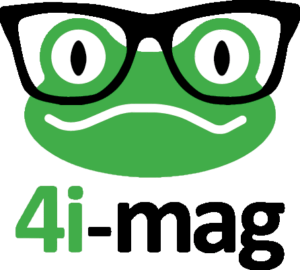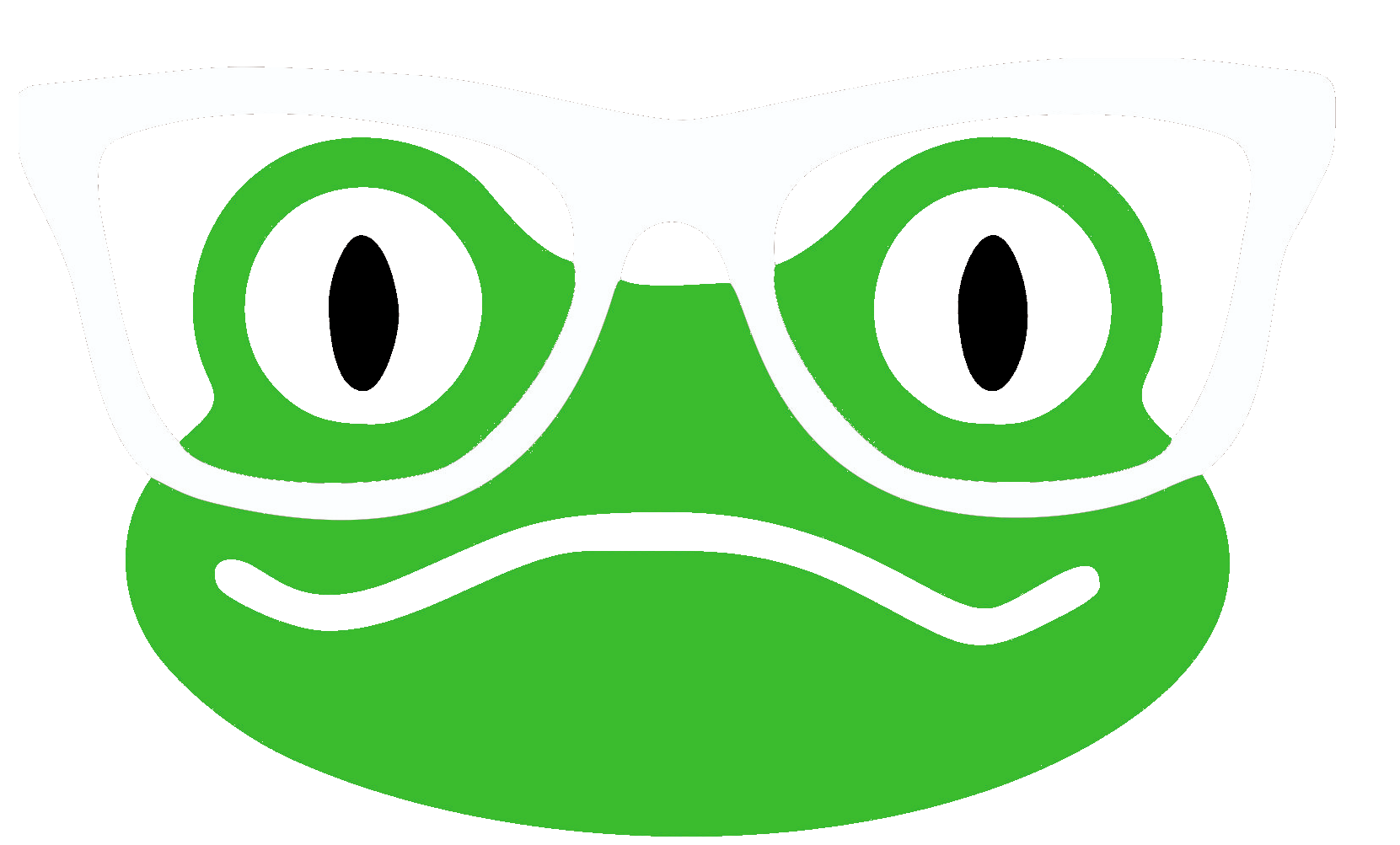Air pollution has become a pressing problem and we need solutions to be able to manage our exposure levels. One of Israel’s top environmental intelligence firms dedicated to protecting the public from air pollution is working on providing people with the most accurate information available so that they are always up to date regarding the quality of the air around them. I spoke with Ran Korber, CEO, and co-founder of BreezoMeter about air pollution, its health implications, the company, and its future goals.
Thank you very much for accepting my invitation to participate in this interview. As far as I know, there is a family story behind the launch of BreezoMeter. Could you tell our readers more about it?
After studying at the Technion Institute of Technology in Israel and working as an environmental engineer for several years, my wife and I were looking for our first house.
My wife suffers from asthma and was also pregnant with our first child at this time. I knew exposure to air pollution could have a harmful effect on my wife and unborn daughter, so I made it a priority to find a location that would be safe in terms of air quality.
I searched for publicly available information to compare pollution levels in neighborhoods. However, this information was very hard to find. Based on my personal experience during this process, I realized more needed to be done to bring actionable air pollution information to the public. And so BreezoMeter was born!
Why were you specifically interested in atmospheric science and where did the passion originate from? What is your background?
I have been interested in the area of atmospheric science for as long as I remember. Growing up in Haifa, which is a beautiful city with a lot to offer but with a known and ongoing air pollution problem, also played a big role here.
What do you think can be done about our air quality crisis globally and on a national level? How satisfied are you with the current efforts?
Of course, air quality is linked to broader questions of climate change – in this respect, the more awareness and pressure there is to tackle the problem, the better. However, even with huge awareness and activism – e.g. campaigns to stop idling cars outside of schools – air pollution itself won’t be solved overnight. (Remember also that air pollution can also come from natural sources like dust storms.)
Our thinking at BreezoMeter is that if we wait until 2030 to think seriously about air pollution, it will be too late. Unmanaged pollution exposure is already harming the health of billions around the world, and we all must take action to protect our health in the best way we can. At the most basic individual level, this can start with checking air quality forecasts at our location and considering the air quality safety of our indoor spaces.
Absolutely, and therefore BreezoMeter seemed to be the right answer, providing information not previously available. How did you meet your co-founder?
Emil Fisher has been my best friend since the age of 15 years old. When I came up with the idea to improve air pollution reporting, Emil was a natural choice to turn to given his B.Sc in Software Engineering and extensive experience in hi-tech and major defence projects.
When you started BreezoMeter, how did you find people to work with and what were your initial aims?
In the early days, we developed an algorithm that would calculate environmental risk in the several locations I was considering for my new home – the initial system was very simple but grew in complexity to consider thousands of environmental factors at once and deliver real-time, street-level accuracy.
Our base in Israel’s north served us well in being able to recruit and network with highly-skilled data scientists and environmental engineers linked to the Technion Institute of Technology. Our third co-founder Ziv Lautman joined us from the Environmental Protection Agency and helped launch the BreezoMeter brand.
How have the aims changed over the years?
Our mission to improve the health and quality of life for billions of people worldwide has been the company’s most highly ambitious aim from the start, but our methods and approaches have changed along the way.
For example, we realized over time that the solution we had developed was a perfect fit within the similarly evolving digital health sector. We also realized how strategic partnerships with the world’s largest companies would be instrumental in helping us achieve our vision.
Based on direct consumer user feedback and requests from our business partners, our focus has also shifted more from long-term, city/neighbourhood-level forecasts to predictive actionable and street-level environmental insights.
This is because we wanted to help people actively take steps to avoid poor air quality, rather than wait to be exposed to it. We also expanded our focus to other environmental hazards such as live wildfire tracking and pollen forecasting – all aligned to our wider mission of protecting the health and safety of billions.
What are you most proud of? What has been the most significant milestone in the life of BreezoMeter?
There have been many moments! For example, meeting world leaders such as Barack Obama during his time as US president and reaching hundreds of millions of people with our environmental data, thanks to the help of customers like Apple, Verizon and more.
Happily, I feel proud of all of our Breezos on a daily basis. Receiving thanks from asthmatic or allergy sufferers for helping them to make healthier decisions reminds us of the personal stories behind what we do and makes it all worthwhile!
I fully agree as health is our most precious asset. Can you tell us why artificial intelligence is a key component of today’s solutions?
When it comes to environmental monitoring, the physical instruments we have – such as sensors – are amazing and crucial, but for real-time reporting, there are also limitations. For example, if one air quality sensor is needed per pollutant, you would need a different sensor for every street corner. Physical sensors can also malfunction, or be damaged/ go offline during a wildfire or other natural disaster.
It’s technologically very difficult to place the number of physical sensors needed around the world on every street level to accurately report on air quality. This is why Big Data and AI are essential – with these methods, we’re able to layer information taken from sensors with other information (such as weather, landcover traffic, satellite, etc.), and automatically learn from patterns over time to predict air pollution in a very hyper-local way.
AI is also the key driver for building smart technology based on this already smart environmental data – e.g. air purifiers that automatically activate when air pollution reaches a high level or asthma health solutions that alert individuals when their specific environmental triggers are around.
What major change or development are you expecting in the market over the next few decades?
Air quality awareness is at an all-time high – climate change education and activism, COVID-19, and increasingly common wildfires have all contributed here. In the long-term, I think we’ll start thinking about air quality in the same way we do the weather: We’ll check the forecast before heading out for a picnic and take precautions in the same way we might if we knew there was going to be a storm, flooding, etc.
In the aftermath of the WHO’s air quality guideline updates and a renewed focus on the importance of indoor ventilation due to COVID-19, we can also expect to see environmental insights playing more of an important role when it comes to indoor air management and personalized healthcare/preventative medicine.
I also think the automotive sector is one to watch here; manufacturers (see Volvo) are already introducing solutions to help solve in-cabin air pollution.
All these efforts demonstrate the seriousness of the air pollution problem, and it is in the interests of many to tackle it as best they can. How many people are now using BreezoMeter and what feedback are you receiving?
Through our applications and business partner integrations, we see billions of requests for our air quality data alone every month. We’re used by approximately 320 million individuals worldwide. Our users continue to return to us for street-level resolution, timely information, engaging visualizations, comprehensive information (e.g. information broken down by pollutant and AQI scale), and actionable recommendations.
Are you planning any product development?
We have many exciting new product developments planned for the upcoming year and beyond. I can’t reveal the specific details now but we are working on bringing improvements to our environmental insights and alerts ability, historical data offerings, wildfire tracking capacity, and indoor air quality monitoring solutions.
Sounds really exciting. What are your plans for scaling up the business?
We are growing our team and have big plans for the years to come! In addition to expanding and improving our current product offerings and exploring ways we can add value in new business verticals, we’ll be focusing a lot on our end users. We want individuals everywhere to understand how, why and when to turn to environmental intelligence in order to improve their health and safety!
What kind of companies are you partnering with and how do these partnerships support the everyday life of people?
We work with leading healthcare brands such as AstraZeneca and Boehringer Ingelheim to ensure vulnerable groups and treatment providers have the information required to prevent exposure to unhealthy environmental factors. We also work with global consumer goods and indoor air solution providers like Blueair to ensure the impact of the surrounding environment on a building or home is considered. We also partner with leading media/mobile OEM companies (Apple/Verizon) and automotive makers (Volvo & Tata Motors).
I really appreciate your answers, thank you very much. I wish you and the company good luck and a successful future, and healthier air for all.



